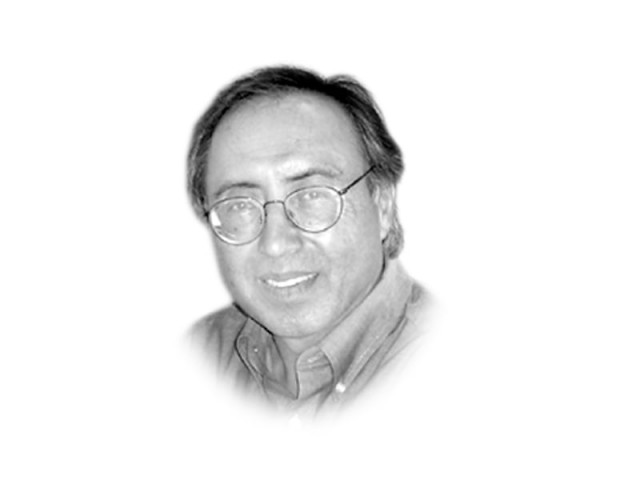Times of hope
PPP was a united progressive force with manifesto of change. Sadly, it is neither that party nor that politics anymore

Times of hope
Zulfikar Ali Bhutto, a member of the regime for a long time and one of its core members, too, understood the wave of change in a critical section of the population — the youth in colleges and universities. The youth of that time was aspired to freedom, equality, social justice and democracy. It was the beginning of celebrations for the ‘decade of progress’, with seminars and conferences held in colleges to glorify the end of field marshals. The question we raised, being the youth of the time, was simple: where is the progress? The answer came from the former chief of his planning commission, Mahboobul Haq, when he critically examined the results of growth. An upper layer of business and industrial class appropriated the benefits of growth and the fragments of wealth produced hardly trickled down to the masses.
At the social level, those were progressive times that we never saw afterwards. What was progressive about those times? We witnessed free ideological debates between Islam, socialism, democracy and progress. The literacy scene of Pakistan was lively. Colleges and universities, though small in number at that time compared to what we have today, saw student activism, study circles to debate ideas and noisy elections for unions. The streets of Pakistani cities were lively with protests organised by students, labour unions, journalists and political parties of both right and left. ZAB captured that mood and he recast himself as a radical reformer with a slogan of hope and change.

Three things worked for the grassroots politics of the PPP then. The personal charisma and popular appeal was something that no other leader of any merit could match in personality, in all of Pakistan. He attracted vast crowds wherever he went. In public rallies, his rhetoric and passion ignited a mass sentiment for him. The second important aspect of the PPP then was the message itself. It was a message of hope, change and social justice. Its manifesto reflected the aspirations of the youth, labour, peasants and the common man. Understanding exactly what the people want is always the first step to connecting with them. ZAB did a great job of doing this.
Third, the PPP attracted all the progressive elements of society from one end of the country to the other. These were students, labour unions, poets, literary men and women and all those who wanted land reforms, wanted a social welfare state and supported different shades of socialism. Then, the PPP was a united front of all progressive forces with a manifesto of change.
It was the work of all of these forces — their high spirits, enthusiasm and sacrifice — that the first grassroots politics and a political party were born. Sadly, it is neither that party nor that politics, anymore.
Published in The Express Tribune, December 4th, 2012.














COMMENTS
Comments are moderated and generally will be posted if they are on-topic and not abusive.
For more information, please see our Comments FAQ